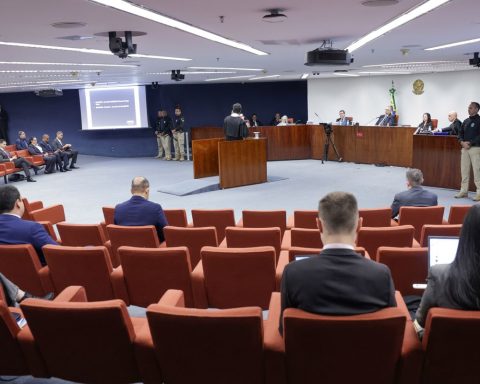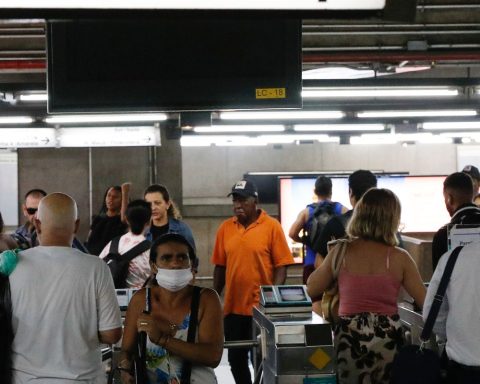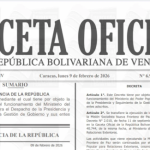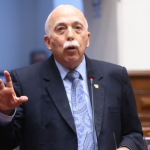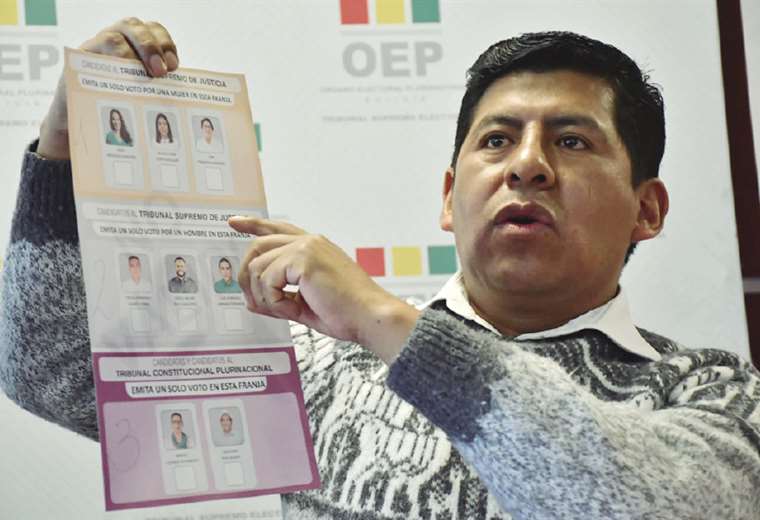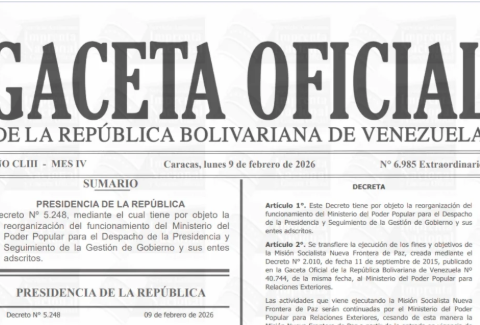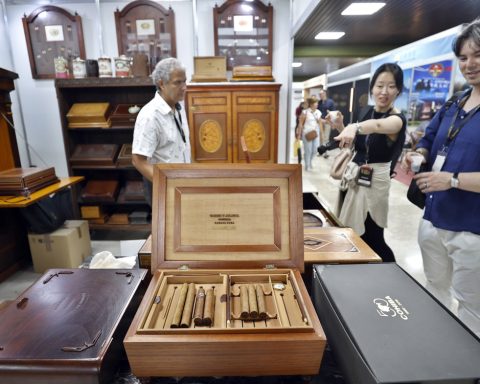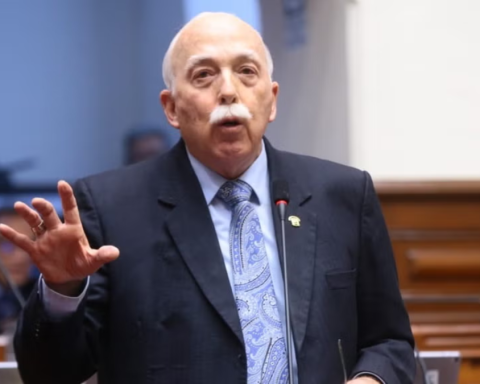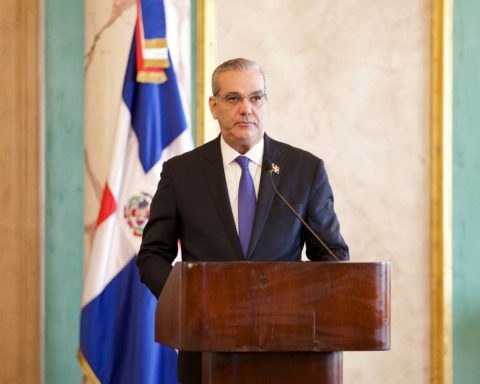Public colleges, evening courses and expansion of distance learning (EaD) in higher education courses are some of the proposals of the working group of the Brazilian Academy of Sciences (ABC) to improve public higher education and democratize access to quality education. The proposals are in the report A look at higher education in Brazill, released this Thursday (7), by ABC.
Among the main proposals is the creation of federal colleges, which are institutions dedicated exclusively to teaching, aiming to train qualified professionals at a lower cost per student, in order to expand student access to public higher education.
Currently, federal universities are also dedicated to research and extension, which is interaction with society, in projects aimed at social improvements. The proposal would be public institutions focused exclusively on training students in higher education. The idea is to facilitate the opening of vacancies that adapt to the current demands of students, such as greater flexibility and access to evening education, for example.
In Brazil, according to the report, only 22% of the population between 25 and 34 years old has a university degree. This percentage is below the average for Organization for Economic Cooperation and Development (OECD) countries, which is 47%. Furthermore, 79% of enrollments are concentrated in the private sector.
“This is a very small number, if we think about a country that needs to develop quickly”, says professor at the Institute of Physics at UFRJ Rodrigo Capaz, full member of ABC, who was part of the working group (GT) .
Regarding federal colleges, he explains: “When we look at experiences around the world, we see that in no country in the world did the massification or democratization of higher education occur through research universities. Because although they are ultimately highly qualified to carry out research, they end up having an expense per student that is higher than another type of institution that would be dedicated only to teaching”.
In addition to federal faculties, the document also proposes the creation of Training Centers in Strategic Areas (CFAEs) in public universities. They would focus on six fields: bioeconomy; agriculture and agribusiness; energy transition; health and well-being; digital transformation and artificial intelligence; and advanced materials and quantum technologies. These centers would act in an interdisciplinary manner, promoting the creation of applicable solutions and the development of new technologies for these strategic areas.
Distance learning
The report also proposes the expansion and qualification of the offer of public courses in the distance learning modality, aimed at those who need flexibility.
Distance learning has seen strong growth in recent years. Between 2011 and 2021, the number of students in higher education courses, in the distance education (EaD) modality, increased 474%. In the same period, the number of students who enrolled in face-to-face courses decreased by 23.4%. In 2022, 81% of students entering undergraduate courses in 2022 enrolled in distance learning.
This expansion, however, raised an alert regarding the need to guarantee the quality of the offering of these courses. Therefore, the Ministry of Education (MEC) suspended the creation of new vacancies in distance learning until 2025, so that the regulatory framework for these courses can be reviewed.
Currently, distance learning vacancies are mostly maintained by the private sector, 71.7%, against 12.9% in the public sector. The proposal is for federal institutions to expand the offer of this modality.
“We cannot deny that distance learning is a real, and I think irreversible, demand of modern society. Obviously, not all courses will be distance learning and that is not what we propose, but that we can use this instrument, which is a powerful instrument for expanding teaching, which allows, for example, students in difficult locations to access are attended to or students with limited time availability who need to make their schedule more flexible”, argues, Capaz.
Valuing higher education
According to Capaz, the group’s work also aims to value higher education and expand access to it for the Brazilian population. “There is still a lot of space and needs for us to increase the fraction of Brazilians with higher education. And this is what will ultimately lead to the country’s development”, he says.
The report is presented in a context of federal government spending cuts. Even so, for the president of the Brazilian Academy of Sciences and also one of the members of the GT, Helena Nader, education must be prioritized.
“Education, in our view at the Academy, should be a priority of the Brazilian State. Without education there will be no stable economy and there will be no social justice. We know about the cuts, but the country needs more professionally qualified personnel, including in the face of these changes that come as a result of artificial intelligence”, he states.


